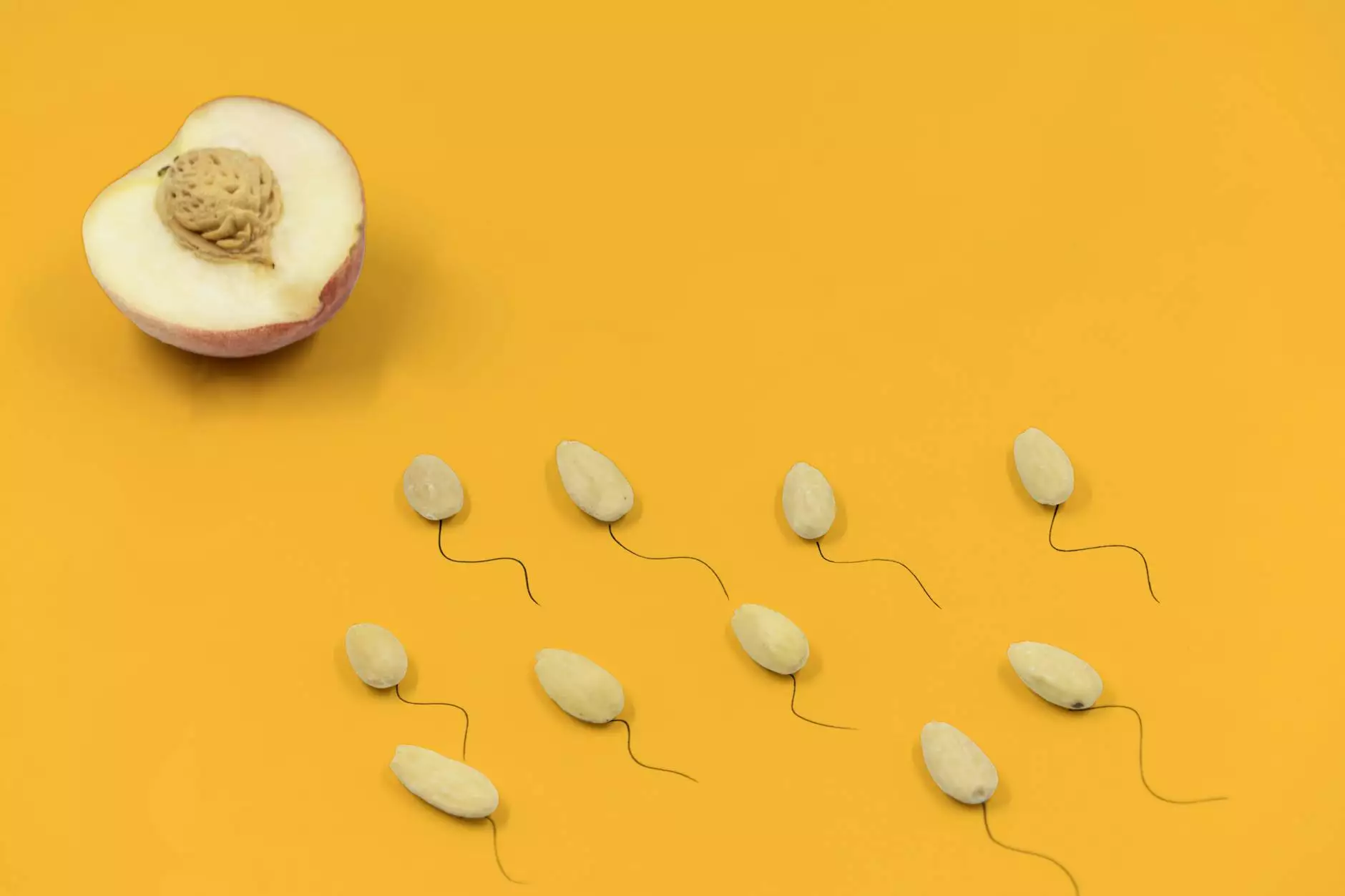The Importance of Equine Growth Hormone in Equine Healthcare

Equine growth hormone, a pivotal component of modern veterinary practices, plays a significant role in enhancing the health and performance of horses. As the equine industry grows, understanding the applications and implications of growth hormone therapy becomes increasingly important for horse owners, trainers, and veterinarians alike. In this comprehensive guide, we will delve into the benefits, uses, and considerations of equine growth hormone, especially in the context of equine medical care and pharmacy.
What is Equine Growth Hormone?
Equine growth hormone (eGH) is a peptide hormone produced in the pituitary gland of horses. It regulates various physiological processes, including growth, metabolism, and muscle development. The primary role of eGH is to promote the growth of tissues and facilitate the regulation of body composition, ensuring that horses develop to their full potential both in stature and athletic capability.
The Role of Growth Hormone in Equine Health
Understanding the multifaceted role of equine growth hormone is crucial for optimizing the health and performance of horses. Here are some key aspects:
- Muscle Development: eGH plays a critical role in stimulating muscle development, allowing racehorses and performance horses to achieve peak physical condition.
- Bone Growth: The hormone contributes to skeletal development, ensuring strong and healthy bones that can withstand the physical demands of training and competition.
- Metabolism Regulation: eGH aids in the regulation of metabolism, which is essential for energy production during high-intensity activities such as racing.
- Recovery Enhancement: Horses undergoing intense training often require expedited recovery. eGH can facilitate quicker healing and enhance recovery times.
Benefits of Equine Growth Hormone Therapy
The application of equine growth hormone in veterinary medicine provides numerous benefits, including:
- Improved Performance: Horses administered with eGH often exhibit enhanced athletic performance, allowing them to compete at higher levels.
- Increased Growth Rates: Young horses treated with eGH can experience accelerated growth, which is particularly beneficial in breeding programs.
- Body Composition Improvement: eGH promotes a favorable ratio of muscle to fat, which can improve overall body composition.
- Support for Aging Horses: Senior horses may benefit from eGH therapy to counteract age-related declines in muscle mass and vitality.
How is Equine Growth Hormone Administered?
Administering equine growth hormone requires careful consideration and expertise. Typically, this hormone is administered through:
- Subcutaneous Injection: Most commonly, eGH is given via subcutaneous injections. This method is convenient and allows for consistent dosing.
- Intravenous Injection: For immediate action, eGH can be administered intravenously, though this method is less common in regular therapy.
It’s essential for horse owners to work closely with veterinarians to determine the appropriate dosage and protocol tailored to the individual horse’s needs and health status.
Considerations and Precautions
While equine growth hormone therapy offers significant benefits, there are important considerations and precautions:
- Veterinary Guidance: Always consult a veterinarian before beginning any growth hormone therapy. A qualified professional can analyze the horse's health and performance requirements.
- Legal and Ethical Standards: Ensure that the use of eGH complies with industry standards and regulations, including those set by racing and sport organizations.
- Potential Side Effects: Monitor horses for any adverse reactions or side effects, including changes in appetite, behavior, or physical condition.
Equine Growth Hormone in Veterinary Pharmacy
The role of equine growth hormone in veterinary pharmacy cannot be overstated. Pharmacists specializing in equine medicine provide essential services, including:
- Custom Compounding: Creating tailored medication formulations to meet the specific needs of individual horses.
- Education and Counseling: Offering guidance to horse owners about the uses and benefits of eGH, as well as potential alternatives.
- Monitoring Compliance: Ensuring that dosages and administration schedules are followed to maximize therapeutic benefits.
Future Perspectives on Equine Growth Hormone
The future of equine growth hormone therapy looks promising, with ongoing research and advances in veterinary medicine continually enhancing our understanding and application of this vital hormone. Potential areas of future development include:
- Gene Therapy: Investigating the possibilities of gene therapy to produce endogenous eGH as an alternative to external injections.
- Combination Therapies: Exploring the benefits of combining eGH with other veterinary products to enhance overall efficacy.
- Performance Analysis: Improved metrics and analytics to assess the impact of eGH on performance outcomes in competitive settings.
Conclusion
In conclusion, equine growth hormone represents a vital aspect of modern equine healthcare. Its benefits for growth, performance, and overall health are numerous, making it a valuable tool for horse owners and veterinarians alike. As you consider options for optimizing the health and performance of your equine athletes, be sure to consult with a qualified veterinarian who can provide insight and guidance tailored to your specific needs. Understanding the implications of hormone therapy in your equine's life will not only enhance their performance but also contribute to their long-term health and vitality.
From its role in muscle development to its implications in veterinary pharmacy, the holistic approach to utilizing equine growth hormone can set the stage for success in competitive sports and overall horse wellness.









